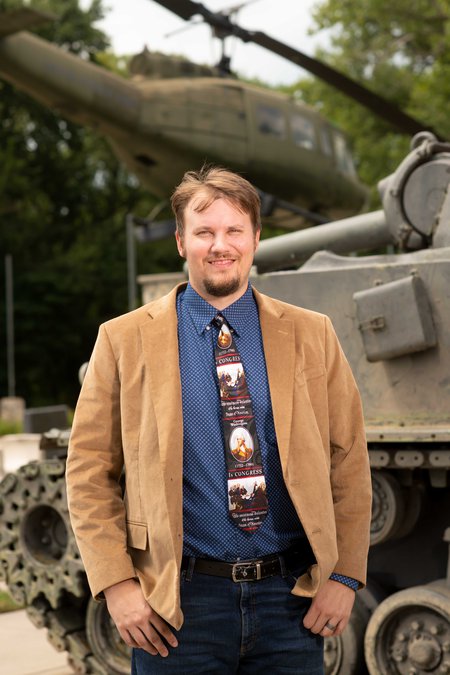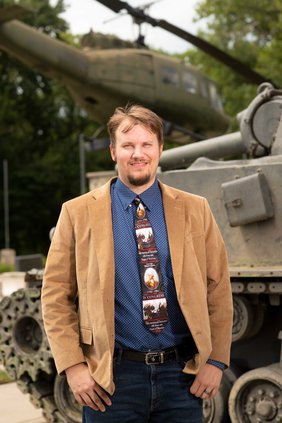A dozen different courses at Barton Community College are now offered with no textbook costs thanks to an effort by instructors to shift to other types of resources. The movement in higher education is called Open Educational Resources (OER). At Barton, it’s referred to as low-cost and no-cost. Low cost means there might be fees for materials or a book, but it would be less than $50.
According to the William and Flora Hewlett Foundation website, Open Educational Resources are teaching, learning, and research resources that reside in the creative commons and/or public domain or have been released under an intellectual property license that permits their use and repurposing by others. OER may include full courses, course materials, modules, textbooks, streaming videos, tests (etc.) used to support access to knowledge.
Barton Director of Innovation and Compliance Lee Miller said this new approach to classroom resources has many advantages.
“OER can not only help reduce the cost of education for students, but also opens up other learning opportunities for students and faculty alike within the structure of the classroom,” Miller said.
History Instructor Daniel Buller teaches four of Barton’s 12 OER-certified classes with no textbook costs. He said he is motivated to make education less costly to students and is proud to be a part of a forward-thinking institution.
“Although it has been a decade since I’ve been in college, I remember worrying about the cost of tuition and textbooks,” Buller said. “I have been impressed with Barton’s innovation. I think Barton has been ahead on the curve since the days when online education was getting started, and they have kept that tradition going.”
Prior to the switch to OER, Buller was using an assortment of textbooks, primary source readings, and documentaries to teach his classes, but started switching to OER this year, which he said affords freedom for instructors to emphasize important pieces of history, whereas adhering to a textbook leaves most of the interpretation up to the book’s author.
“When you use someone else’s textbook, you use the stories they see as important,” he said. “I might include or emphasize a particular story that another teacher would not.”
The main challenge with free or affordable resources is finding the content, which he said just takes a little work.
“They are out there; you just have to go looking,” he said. “The best part about OER classes is once I do find a great resource, it’s much less work for me.”
Prior to the OER approach, he would read books on every major topic covered in his class, then write lectures and film them to teach the class.
“I might as well just assign them the textbook if I’m just going to regurgitate it to them in the form of a video lecture. That means I’m reading a book on such things as Jamestown, the Pilgrims, Colonial America, the Revolutionary War, the Mexican War, politics in America from 1789 to 1877, slavery in colonial America and the early republic, the Civil War, Reconstruction, etc. I would also try and read, or at least consult, a biography on every president. That’s a lot of reading for me in order to feel like I’m creating something unique in my lectures for my students.
“Now I’ve decided to use OER textbooks to basically share the material with students, and then in my interactions with them through discussions, assessments, etcetera, I use my knowledge from all the reading I do to create something unique and try to make history interesting.”
Buller’s current OER-certified courses include Military History/American Civil War, Military History/American Revolution, American History to 1877 and Western Civilization to 1500.
The college has embraced the OER concept as part of its culture, as Barton’s faculty are working on moving dozens of courses to OER-certified status and Miller is excited for other instructors to start utilizing OER as well
“We have amazing faculty here at Barton willing to jump on board for this new initiative,” Miller said. “With around 50 faculty currently working on OER adoption, Buller serves as a great representative of the work they are doing. He has been diligent, detailed, and resourceful in his work during these course transitions.”
For more information, visit bartonccc.edu/OER.





